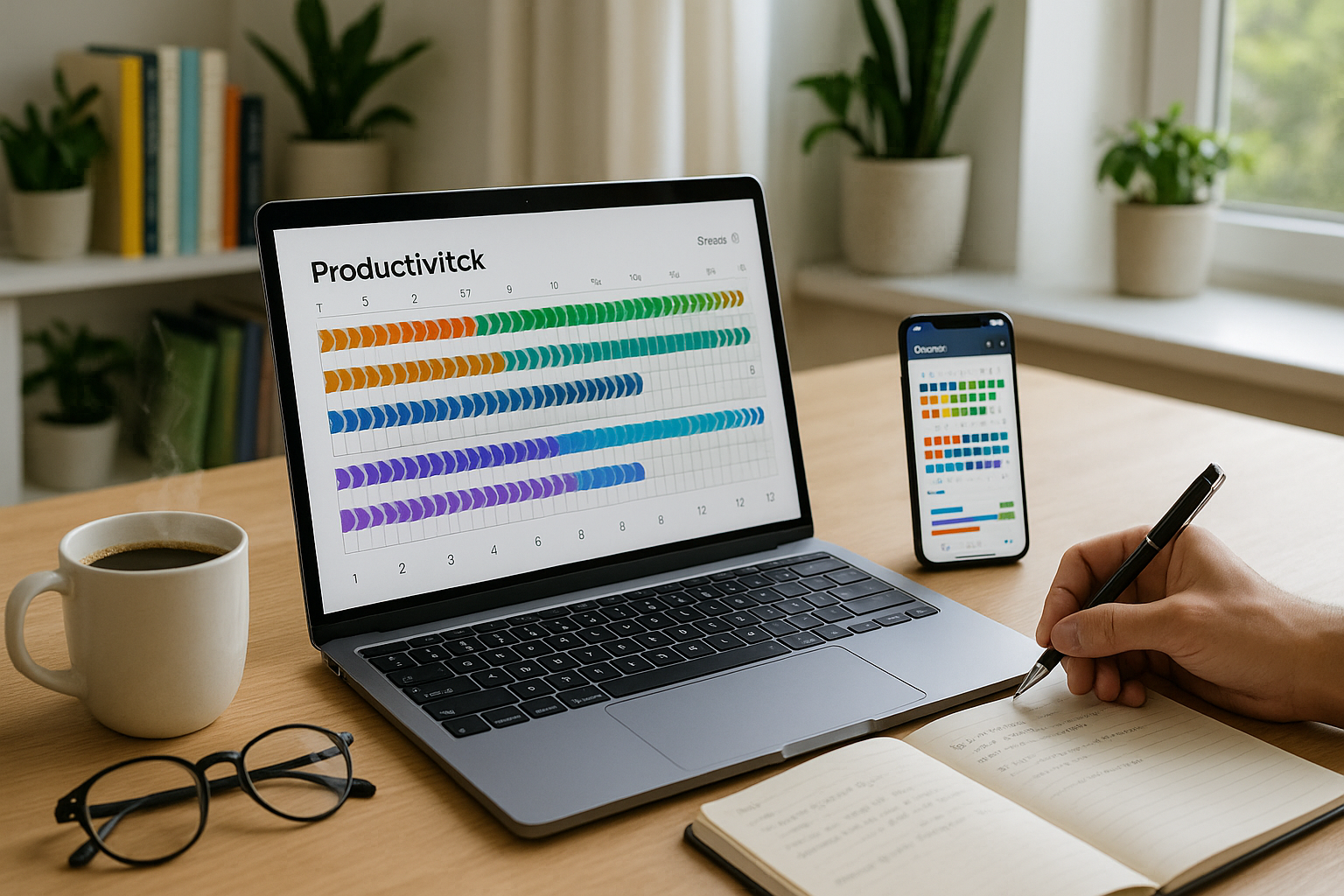Anúncios
Struggling to fall asleep at night? 🌙 You’re not alone.
Many of us toss and turn, wondering how to escape the grip of insomnia.
Anúncios
But what if the solution to better sleep was as simple as sipping on a warm, comforting cup of tea? 🍵
Chamomile, valerian root, lavender… these might sound familiar, but do you know how they actually work to calm your mind and relax your body?
Anúncios
Experts like Dr. Matthew Walker, a renowned sleep scientist, emphasize the importance of natural remedies and healthy habits for improving sleep quality.
Could these soothing teas really be the key to drifting off peacefully?
In this article, we’ll explore how certain herbal teas can promote relaxation, reduce stress, and help you sleep like a baby—all without relying on medication.
Ready to discover which teas might become your new bedtime best friends? Let’s dive in and uncover the secrets behind these natural sleep aids! ✨
Sleep Peacefully: How Tea Can Naturally and Effectively Fight Insomnia
Do you struggle to fall asleep at night? Or perhaps you wake up in the middle of the night and can’t seem to drift off again? 💤 If so, you’re not alone. Millions of people around the world experience insomnia, and while there are many remedies out there, tea stands out as a simple, natural, and effective option. Let’s explore how tea can transform your nights and help you wake up refreshed.
Related Articles:
Why Does Insomnia Happen?
Insomnia can occur for a variety of reasons, including stress, anxiety, poor sleep habits, or even physical discomfort. Modern lifestyles, which are often packed with screen time and minimal relaxation, make it even harder for many of us to unwind at the end of the day. But did you know that the right tea can not only calm your mind but also support the body in preparing for restful sleep? 🌙
The Science Behind Tea and Sleep
Certain teas are packed with natural compounds that promote relaxation and reduce stress. Ingredients like L-theanine, found in green tea, or calming herbs like chamomile, valerian root, and lavender, interact with the brain to create a sense of calm and balance. Let’s break this down:
| Tea Ingredient | How It Helps with Sleep |
|---|---|
| Chamomile | Contains apigenin, an antioxidant that binds to brain receptors, promoting relaxation. |
| Valerian Root | Increases GABA levels in the brain, which helps reduce anxiety and improve sleep quality. |
| L-Theanine (Green Tea) | Promotes relaxation without drowsiness, helping to calm the mind for a peaceful night. |
| Lavender | Reduces stress and enhances the overall sense of calm. |
How to Choose the Right Tea for Better Sleep
With so many teas available, it can be overwhelming to know which one is best for sleep. Here’s a quick guide to help you make the right choice:
- Chamomile Tea: Ideal for calming the mind and easing anxiety before bed.
- Valerian Root Tea: Great for individuals struggling with chronic insomnia or restlessness.
- Lavender Tea: Perfect for those who enjoy a floral, soothing flavor while unwinding.
- Peppermint Tea: Helps with digestion, which can also improve sleep quality for those with stomach discomfort.
- Green Tea (Decaffeinated): Contains L-theanine for a calm, focused state of mind before sleep.
When and How to Drink Tea for Optimal Results
The timing and method of preparing your tea can make a big difference in its effectiveness. Follow these tips for the best results:
- Drink 30-60 minutes before bedtime: This gives your body enough time to absorb the calming compounds.
- Skip caffeine: Even small amounts of caffeine can disrupt your sleep. Look for decaffeinated or herbal teas.
- Use fresh, high-quality ingredients: Loose-leaf teas or organic tea bags ensure you’re getting the most potent effects.
- Relax while drinking: Sip slowly in a quiet space to signal to your body that it’s time to wind down.
Frequently Asked Questions About Tea and Sleep
Here are some common questions that might help you on your journey to better sleep:
- Can tea alone cure insomnia?
While tea can be a powerful tool for relaxation, it’s important to pair it with good sleep hygiene, such as a consistent bedtime and reducing screen time before bed. - What if I don’t like the taste of herbal teas?
You can add natural sweeteners like honey or experiment with blends that combine your favorite flavors. - How long does it take to see results?
Most people notice the calming effects of tea on the first night, but long-term benefits are more pronounced with regular use. - Can I drink tea if I wake up in the middle of the night?
If you frequently wake up, a small cup of non-caffeinated tea might help you relax and fall back asleep.
Simple Nighttime Tea Recipe to Try Tonight
Here’s a quick recipe for a homemade sleep tea blend that combines the best ingredients:
- 1 tsp dried chamomile flowers
- 1 tsp dried lavender
- 1/2 tsp valerian root (optional, as it has a strong taste)
- 1 cup boiling water
Combine the ingredients in a teapot or infuser, pour boiling water over them, and let steep for 5-7 minutes. Add honey or lemon to taste, and enjoy your path to better sleep! 🌿
Conclusion
Conclusão: O Chá Como Seu Aliado Para Noites Tranquilas 🌙☕
Investir em uma boa noite de sono é essencial para a sua saúde, bem-estar e qualidade de vida. Como vimos, os chás naturais podem ser grandes aliados no combate à insônia, oferecendo uma alternativa eficaz e livre de químicos para relaxar corpo e mente. 🌿 Ao incluir uma xícara de chá calmante na sua rotina noturna, você estará dando um passo importante em direção a noites mais tranquilas e revigorantes.
Que tal experimentar hoje mesmo e descobrir como esses sabores naturais podem transformar suas noites? 😊 Afinal, você merece descansar bem e acordar renovado para encarar os desafios do dia!
Qual é o seu chá favorito para relaxar antes de dormir? Já experimentou algum dos que mencionamos? Compartilhe nos comentários! 🍵💬






